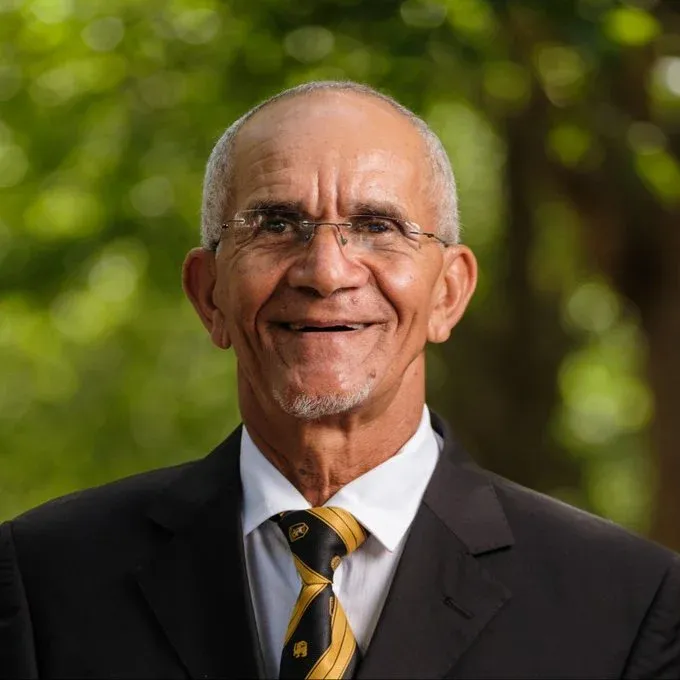Is Omar Henry the New President of Cricket Scotland?

Synopsis
Key Takeaways
- Omar Henry to become President of Cricket Scotland on July 30.
- Focus on promoting diversity, equity, and inclusion.
- Aim to inspire women and girls in cricket.
- Support for the four-year strategy 'Uniting People and Communities through Cricket.'
- Commitment to engaging with clubs and communities.
New Delhi, June 27 (NationPress) Omar Henry, a former cricketer and selector from South Africa, is poised to take on the role of President of Cricket Scotland starting from July 30, following a decision made by the member clubs of the organization.
Henry, who represented Scotland between 1989 and 1992 and is an esteemed member of the Scottish Cricket Hall of Fame, has accepted a two-year appointment that will primarily serve as an ambassadorial position aimed at promoting diversity, equity, and inclusion in the sport throughout the nation.
In his acceptance statement, Henry remarked, “I feel privileged to be nominated as President-Elect of Cricket Scotland. It is an honor to serve the Scottish cricketing community, and I appreciate the faith placed in me. I am eager to assist in the ongoing development and advancement of the game across the country.”
Henry has articulated an ambitious and inclusive vision for his presidency, vowing to remain actively involved at all levels of the game. “Throughout my term, I intend to advocate for the growth of cricket at every stage — from local clubs to the national level — and to foster a game that is inclusive, sustainable, and forward-thinking. Engaging directly with clubs, volunteers, and communities will be central to this initiative.”
He also expressed robust support for Cricket Scotland’s recently unveiled four-year strategy, Uniting People and Communities through Cricket, which aspires to inspire women and girls, promote equality, and establish a stronger, more inclusive governance framework.
“I am particularly encouraged by Cricket Scotland's new four-year strategy, Uniting People and Communities through Cricket,” he stated. “Its emphasis on inspiring women and girls, advancing equality, achieving sustainable success, and fortifying Cricket Scotland as a governing entity represents a bold and essential vision for the future. I am dedicated to supporting its execution, especially in fostering a more inclusive and accessible game for everyone — one where diversity, equality, and inclusion are ingrained at every level.”
“To all clubs and members of our cricketing community, thank you for your unwavering commitment. I am enthusiastic about collaborating with you in the coming months to realize this collective vision and mold a positive future for cricket in Scotland.”
Originally from South Africa, Henry relocated to Scotland in his early twenties, seeking opportunities that were denied to him during Apartheid. As a non-white player, he was unable to represent South Africa until the nation's international isolation came to an end. While in Scotland, he participated in 62 matches, led the national team 14 times, and left an enduring legacy that earned him a spot in Scotland's Hall of Fame in 2018.
He ultimately debuted for South Africa in 1992 at the age of 40, becoming the first player of color to represent the country in the post-Apartheid era. However, his cricketing journey has also been marked by profound personal challenges, particularly regarding issues of racial exclusion.
In 2021, Henry delivered a poignant testimony during South Africa's Social Justice and Nation Building (SJN) hearings, detailing the alienation he experienced while playing for a white club in the 1970s and during the 1992 World Cup.








